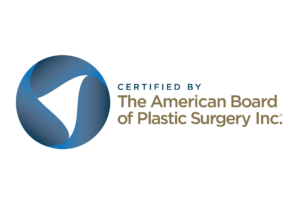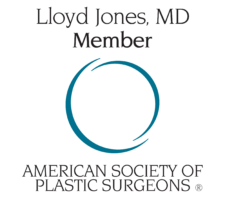How to Prepare for Surgery
While each procedure is different, as is each patient, below are some helpful tips to enhance your results and recovery:
What to eat:
A healthy diet helps make sure your body is ready to heal and recover after surgery. Not only that, but a diet rich in whole foods, fruits, and vegetables and ensuring that you have adequate protein intake sets your body up for success. Striving for this and avoiding processed foods and added sugar helps keep your body healthy not only for surgery but for your everyday life.
Not only does your body need to heal the incisions that you may see on the outside, but also all of the tissue underneath. Many patients supplement their diet with vitamins and protein shakes if they have difficulty making sure they have adequate amounts in their regular diet.
*This is also especially important for patients who have had weight-loss surgery/bariatric surgery such as a Gastric Sleeve or Gastric Bypass, as well as patients taking medication for weight loss such as GLP-1 agonist, semaglutide, etc.
What about your weight:
Maybe you have lost weight recently through diet, exercise, medication, surgery, or a combination of these.
That is fantastic!
Many people look into plastic surgery after achieving success in their goals to lose weight, especially if they notice extra skin or changes to their body they would like to address. See one of our pages for the part of the body you are interested in to find out more.
We tell our patients that we want them to be at their goal weight and to be stable at that weight. This way, we make sure to get you the best result possible without having changes to your results if you continue to lose more weight after surgery.
Activities:
Daily exercise is one of the best things you can do for yourself, regardless of whether or not you are looking into having surgery.
Strength training can make sure to keep your muscles strong, bones and joints healthy, and have good balance. You don’t have to worry about trying to lift 1,000 lbs or anything like that. Every little bit makes a difference.
From walking and running, to riding a bicycle or elliptical, aerobic exercise (“Cardio”) is another great way to help not only your heart, but your brain and the rest of your body to be as fit as possible.
We encourage you to keep your regular exercise and activities leading up to surgery. After surgery, we’ll let you know when you can return to your usual activities once everything has healed.
Nicotine, Vaping, and Smoking:
Nicotine, whether in the form of vaping, gums, patches, pouches, dip, snuff, or cigarettes, affects the blood flow to the skin and, as a result, the healing from surgery and the scar.
Nicotine makes the blood vessels smaller, and less blood gets to the edges to help promote healing, resulting in an increased risk of complications, wounds, and infection.
This is why we ask our patients to be nicotine-free prior to surgery and during the recovery afterward. I often tell patients that “it is the hardest thing we ask our patients to do,” but we do so for good reason. Many people use nicotine products in the process of trying to quit tobacco products.
There are many resources we can guide you to for assistance with quitting. You can do it!
Sleep:
An often underrated component of health that is more recently receiving its deserved attention. Making sure that you are getting adequate rest and sleep so that your body can recover from the stress and activities of the day is very important. We want you to be well-rested in the days and weeks leading up to your surgery so your body is ready to heal.
Diabetes, Blood Pressure, and other Health Conditions:
Many patients have health conditions that are managed by their primary care provider. It is important that these are controlled and optimized going into surgery.
Tight glucose control with a Hg A1c as close to normal helps during the healing process and lowers the chance of complications. So does making sure your blood pressure is under control so that the chances of things like bleeding after surgery can be lower. These are only a few of the medical conditions patients may have.
We encourage you to meet with your primary care provider and/or specialists to ensure your health is optimized prior to your surgery. “Tee’d Up” if you will.
We are happy to help you make sure we get all of these things taken care of.


